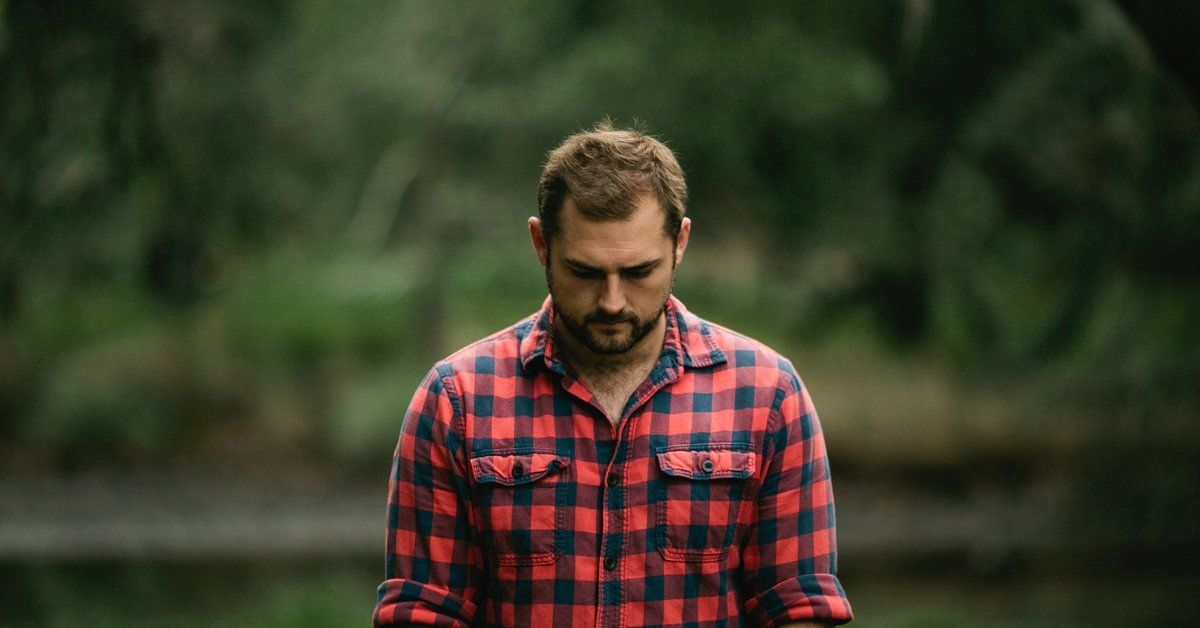For Immediate Service, 24 Hours a Day,
Call
724-349-2000
or
724-254-4342
Preparing for a Funeral Service
Could there be anything more difficult than preparing for a funeral? Certainly, such an end-of-life event is hard to look forward to with any great enthusiasm. And it doesn't matter if you're a member of the bereaved inner circle of close family, a co-worker, neighbor or family friend; preparing for a funeral service takes time and forethought.
If you're preparing to attend a funeral, memorial service, or celebration of life, the following tips and suggestions can certainly help in your funeral preparations. Naturally, if you have any questions about preparing for a funeral, you should call us at Rairigh-Bence Funeral Home & crematory. We would be pleased to serve you in any way we can.
What Does "Get Prepared" Really Mean?
Dressing for the Occasion
What is expected of us when attending a funeral service today is far different from when our parents and grandparents attended funerals more than 50 years ago. Blacks and dark grays were the colors to wear. Funerals then were more formal with attendees dressing as if they were going to a church service.
Without a doubt, these strict special dress requirements have fallen by the wayside, at least to some degree. Although many websites proclaim that black is the right color to wear for a funeral today, wearing a color other than black isn't seen as disrespectful; but you want to avoid wearing brightly colored or wildly patterned fabrics (unless actually requested to do so by the family). And for women or girls, a modest appearance is preferred.
Certainly, if you've got additional questions about
what to wear to a funeral,
call us.
Get Physically, Mentally, and Emotionally Prepared
The death of a loved one is among the most stressful experiences we will ever endure. The early days of bereavement, are a time of frayed nerves, when emotions run high and hours of restful sleep are hard to find. These difficult days are then followed by the funeral service (where, even though you're grief stricken, you're expected to perform with some social grace). How can you possibly survive; or better yet thrive, during such trials as these? Here are some suggestions we believe you'll find valuable.
Maintain a state of "mindful awareness."
Do everything you can to stay physically healthy.
- Stay hydrated:
drink eight (8 ounce) glasses of water throughout the day.
- Eat regularly:
small meals and snacks are often better-accepted than large, calorie-laden ones.
- Rest regularly:
you may find nights are long and sleepless, so don't be adverse to taking short cat-naps throughout the day.
- Move your body:
take a walk or hike, go to the gym, or go for a bicycle ride.
- Nurture your senses:
listen to music or the sounds that abound in nature.
- Engage in prayer or meditation:
tap into, or get reacquainted with, your spiritual side.
- Reduce your list of necessary activities and chores:
now is the time to delegate tasks to others, so you can devote your time to self-care.
Reach out to your support network.
Prepare to speak less and listen more.
Let Us Help with Your Preparations
Who better to turn to for assistance in preparing for a funeral? We've got the experience and insights which could make this situation easier for you and for those you love. If you have questions about preparing for a funeral service—either as a member of the family or as a guest—we're here to support you in any way we can. We're standing at the ready; simply call us at Rairigh-Bence Funeral Home & Crematory.
- Petch , Alison, "Funeral and Mourning Clothing", England, the Other Within, accessed March, 2015
Rairigh - Bence Funeral Home & Crematory
of Indiana
965 Philadelphia Street
Indiana, PA 15701
Email: rairighfd@gmail.com
David A. Rairigh, Owner/Supervisor
Rairigh - Bence Funeral Home & Crematory
of Clymer
655 Franklin Street
Clymer, PA 15728
Email: rairighfd@gmail.com
David A. Rairigh, Owner
Taylor S. Allison, Supervisor
Proudly Serving the Communities of Indiana County and surrounding areas: Indiana, Clymer, Homer City, Marion Center, Penn Run, Dixonville, Ernest, Heilwood, Brush Valley, Kent, Lucernemines, Creekside, Commodore, Home, Starford, Shelocta, Cookport, McIntyre, Alverda, Aultman, Kenwood, Clarksburg, Diamondville, Iselin, Prosperity Hill, Clune, Graceton, Barr Slope, Coal Run, Pine Flats, Jacksonville, Purchase Line, Chevy Chase, Glen Campbell, Red Barn, Chambersville, Hillsdale, Waterman, Buck Run, Blacklick, Marchand, Nicktown, Parkwood, Strongstown, and Mentcle






